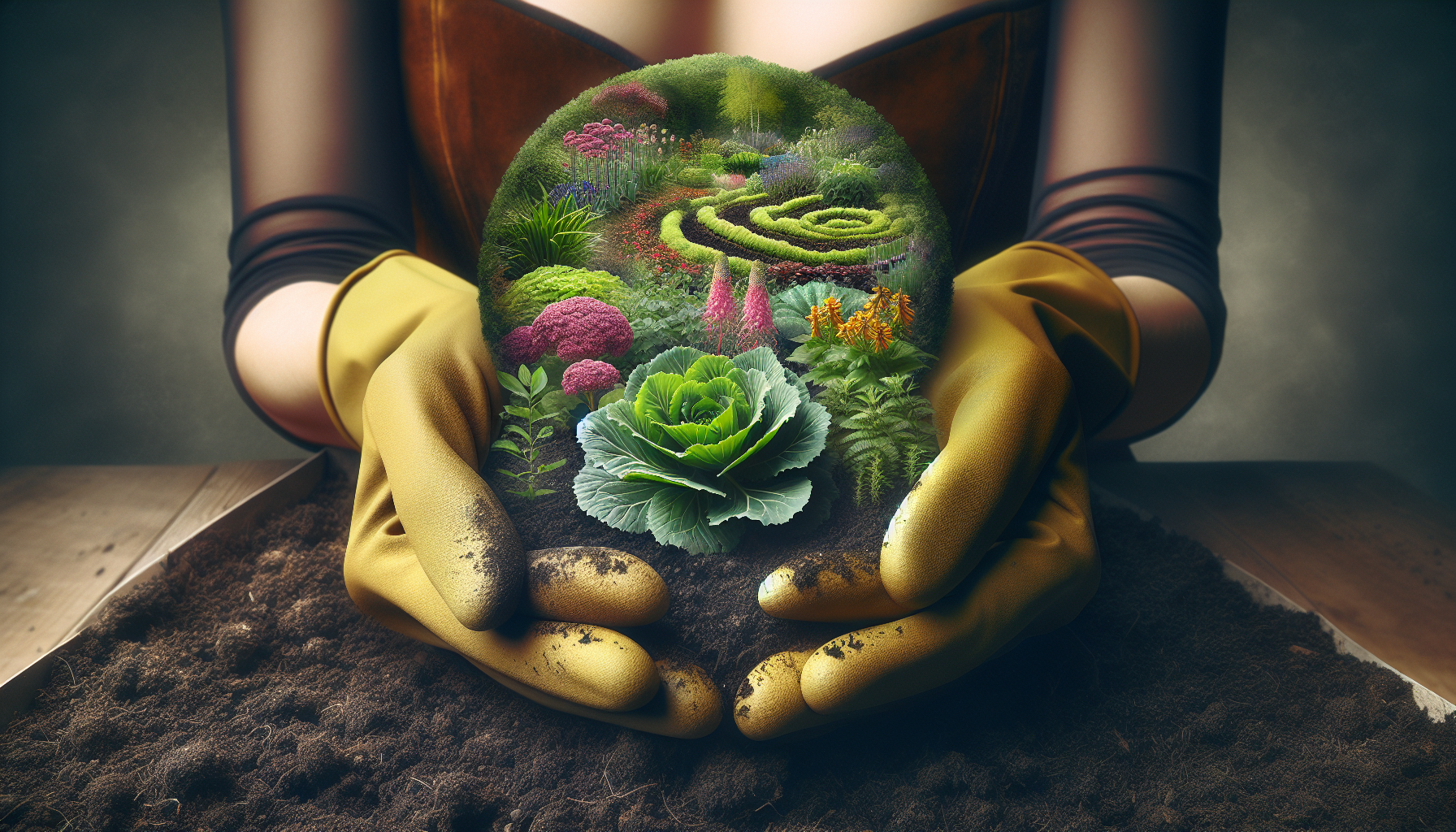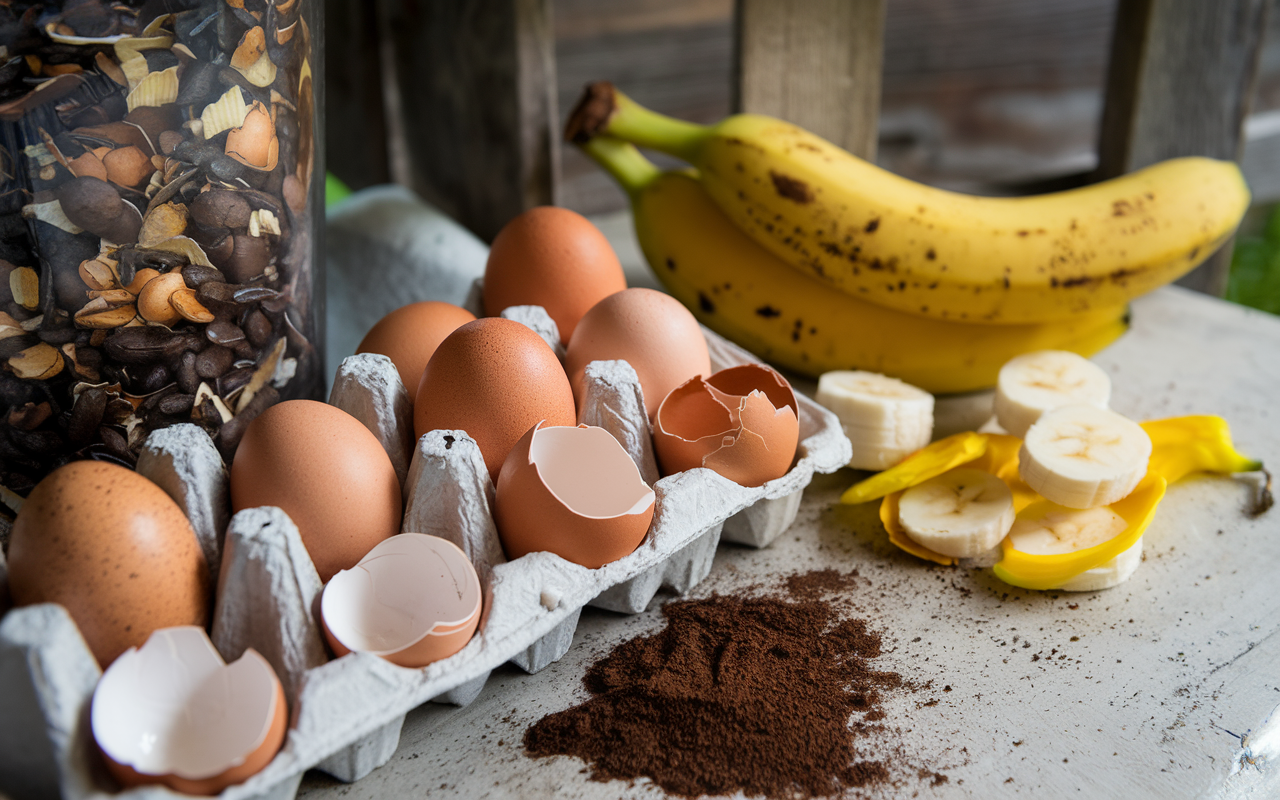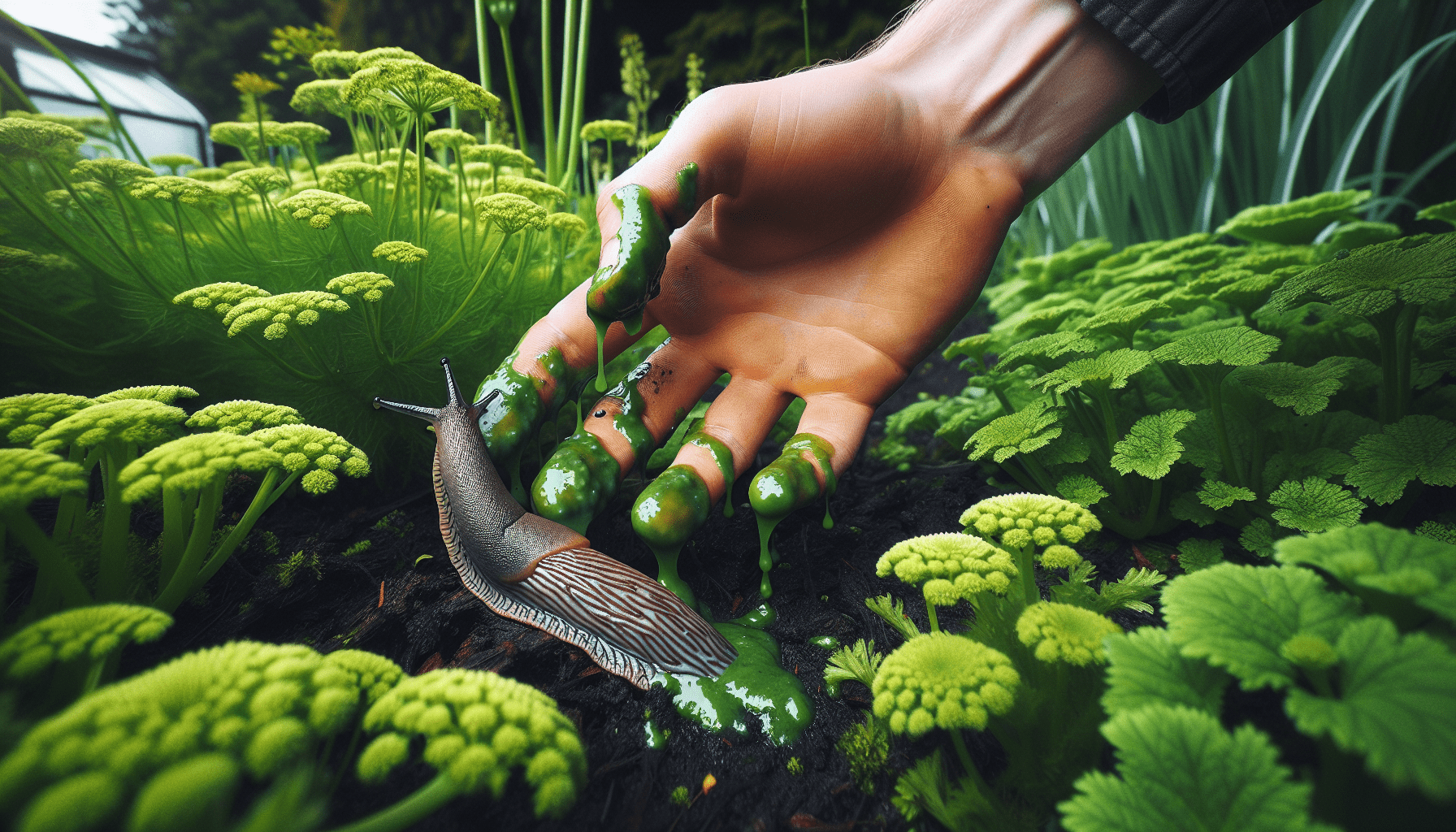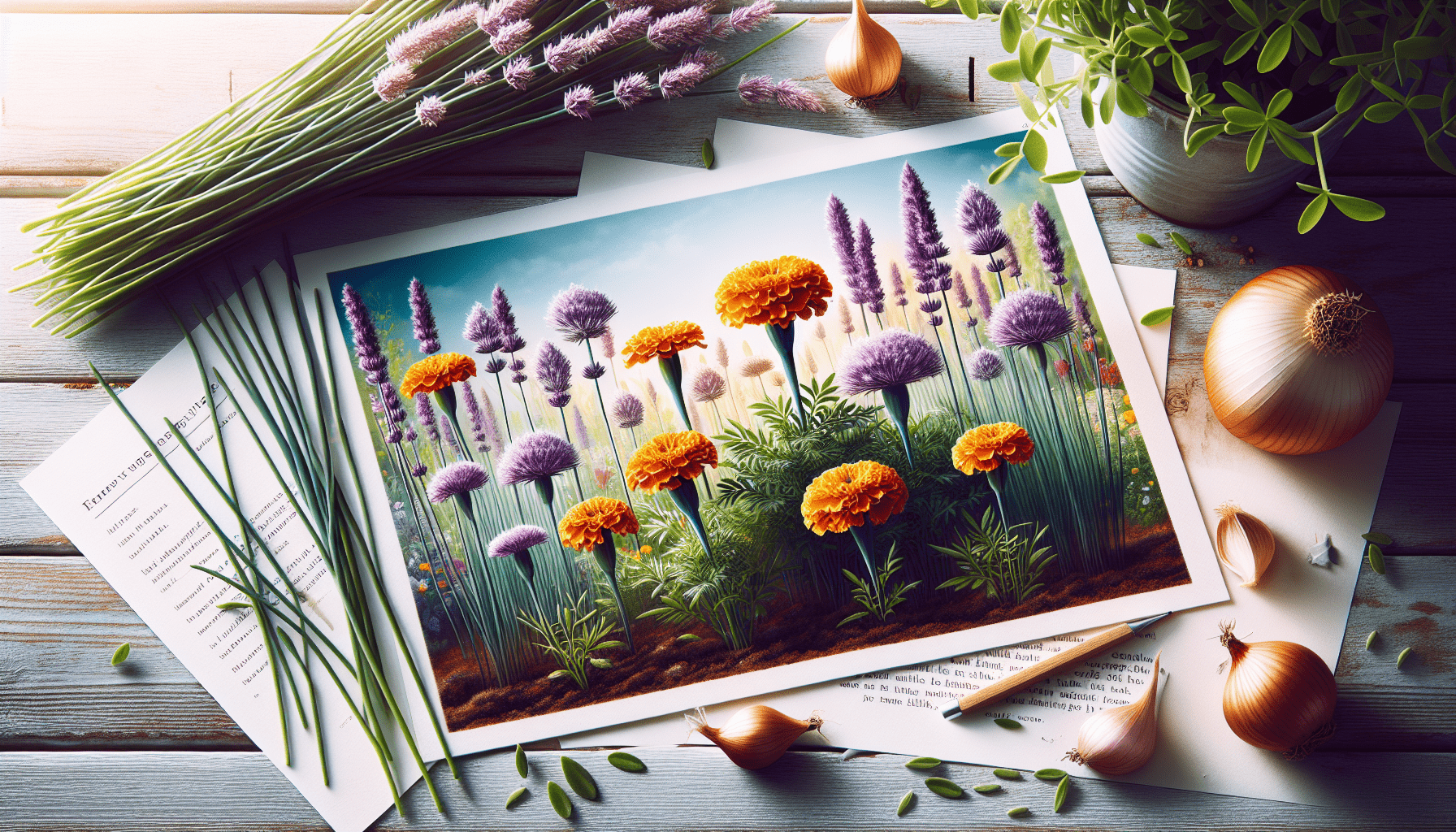The Importance of Soil Preparation for Successful Gardening
Have you ever wondered why some gardens thrive while others struggle? The secret lies in the soil. Proper soil preparation is the key to successful gardening, as it creates the ideal environment for plants to grow and flourish. By taking the time to prepare your soil correctly, you can ensure that your garden is set up for success from the start. In this article, we will explore the importance of soil preparation and the steps you can take to achieve a thriving garden. Whether you are a seasoned gardener or just starting out, understanding the vital role of soil preparation is essential for cultivating a beautiful and bountiful garden.

The Importance of Soil Preparation for Successful Gardening
Gardening is a rewarding and fulfilling hobby that allows you to connect with nature and grow your own plants and vegetables. However, the key to successful gardening lies in the preparation of the soil. Proper soil preparation is crucial in creating an optimal environment for plant growth and ensuring a bountiful harvest. In this article, we will delve into the significance of soil preparation in gardening, understanding the role of soil, the benefits it offers, and the importance of testing and analyzing your soil before embarking on your gardening journey.
1. Understanding the Role of Soil in Gardening
The Fundamentals of Soil
Soil is a complex and dynamic natural resource that serves as the foundation for plant growth. It is composed of various components, including minerals, organic matter, water, and air. Understanding the fundamentals of soil is essential for successful gardening.
Soil Composition and Structure
The composition and structure of soil play a vital role in determining its ability to support plant life. Different soil types, such as sandy, clayey, or loamy soils, have varying properties that can either enhance or hinder plant growth. Understanding soil composition and structure allows you to make informed decisions on how to amend and improve your soil.
Importance of Nutrient Availability
Nutrients are essential for plants to grow and thrive. Soil acts as a reservoir for these nutrients, providing plants with the necessary elements for their development. Understanding the availability of nutrients in your soil is crucial in ensuring that your plants receive adequate nourishment.
Water Retention and Drainage Capacity
Water is vital for plant growth, and soil plays a critical role in its retention and drainage capacity. Proper moisture levels are necessary for plants to absorb and utilize nutrients effectively. Understanding how soil retains and drains water helps you optimize irrigation practices and prevent waterlogging or drought conditions.
2. Benefits of Proper Soil Preparation
Improved Nutrient Availability
Proper soil preparation enhances nutrient availability for plants. By incorporating organic matter and amendments, you can improve the soil’s fertility and increase the availability of essential nutrients. This results in healthier plants with increased vigor and productivity.
Enhanced Plant Growth and Development
When soil is adequately prepared, plants experience improved root development, leading to stronger and more robust growth. Well-prepared soil provides the ideal environment for roots to penetrate and access essential nutrients, water, and oxygen, enabling plants to thrive.
Prevention of Soil Borne Diseases
soil-borne diseases can have a detrimental impact on plant health and productivity. By preparing your soil properly, you can reduce the risk of these diseases. Good soil management practices, such as proper drainage, maintaining optimal pH levels, and practicing crop rotation, help create a less favorable environment for pathogens and prevent their proliferation.
Reduced Weed Infestation
Weeds compete with plants for essential resources, including nutrients, water, and sunlight. Proper soil preparation can help minimize weed infestation by creating an environment that is unfavorable to weed growth. By removing weeds and their seeds during soil preparation and incorporating mulch, you can suppress weed germination and growth, allowing your plants to thrive without competition.
Increased Water Absorption and Retention
Well-prepared soil has the capacity to hold and retain water, ensuring that your plants have a consistent water supply. Adequate water absorption and retention prevent drought stress and promote healthier growth. By improving soil structure and adding organic matter, you can enhance water absorption and reduce water loss through runoff or evaporation.
Minimizing Soil Erosion
soil erosion is a significant concern for gardeners, as it can lead to the loss of precious topsoil, which is rich in nutrients. Proper soil preparation, such as contouring or terracing, helps minimize erosion by creating a stable soil structure that is less prone to erosion. By minimizing soil erosion, you can sustain the long-term productivity and health of your garden.
3. Testing and Analyzing Your Soil Before Gardening
Reasons for Testing Soil
Testing your soil before gardening is essential to determine its current condition and identify any deficiencies or imbalances. Soil testing provides valuable information about soil pH, nutrient levels, and other factors that can influence plant growth. By understanding your soil’s characteristics, you can make informed decisions on how to improve it for optimal gardening results.
Soil Sampling Techniques
To obtain accurate soil test results, proper soil sampling techniques must be followed. This involves collecting soil samples from different spots in your garden and combining them into a representative sample. The sample is then sent to a laboratory for analysis, where various parameters, such as pH, nutrient levels, and organic matter content, are measured.
Interpreting Soil Test Results
Interpreting soil test results can be complex, but understanding the information provided in the report is crucial for making appropriate amendments to your soil. Soil test reports typically include recommendations for adjusting pH levels, adding specific nutrients, and improving overall soil fertility. By interpreting the results correctly, you can tailor your soil preparation efforts to meet the specific needs of your plants.
Adjusting Soil pH and Nutrient Levels
Soil pH plays a vital role in nutrient availability and plant growth. If the pH is too acidic or alkaline, certain nutrients may become locked in the soil, rendering them unavailable to plants. Adjusting soil pH through the addition of lime or sulfur can create a more favorable environment for nutrient uptake. Additionally, addressing nutrient deficiencies or imbalances revealed by soil testing ensures that your plants have access to the necessary elements for optimal growth.
In conclusion, soil preparation is a fundamental aspect of successful gardening. By understanding the role of soil, recognizing the benefits of proper soil preparation, and testing and analyzing your soil before gardening, you can create an optimal environment for plant growth and increase your chances of a bountiful harvest. Whether you are a novice or experienced gardener, investing time and effort into soil preparation will undoubtedly yield fruitful results and make your gardening experience more enjoyable. So, roll up your sleeves, grab your gardening tools, and embark on the journey of preparing your soil for a thriving garden. Happy gardening!
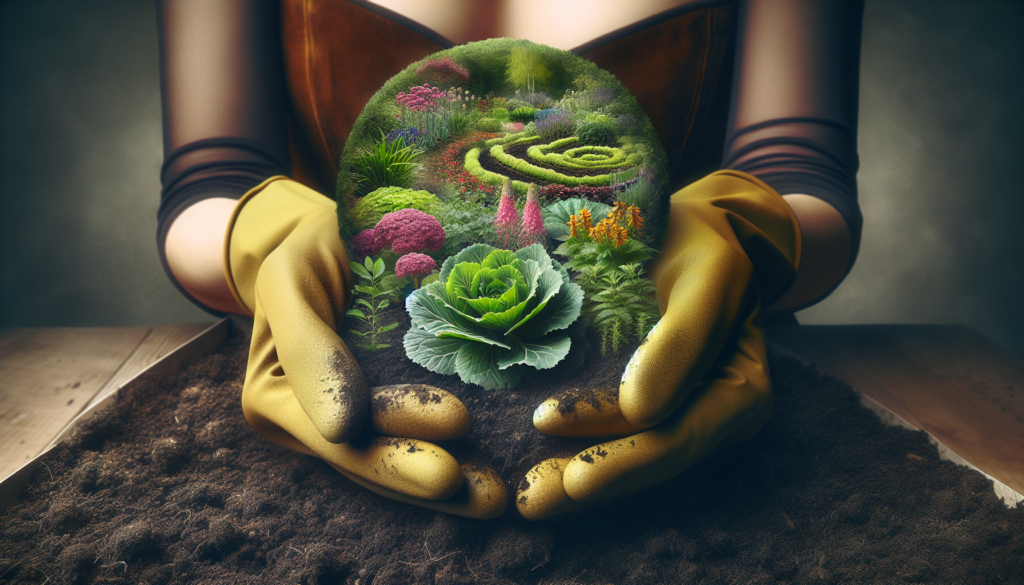
Successful Gardening Soil Prep
